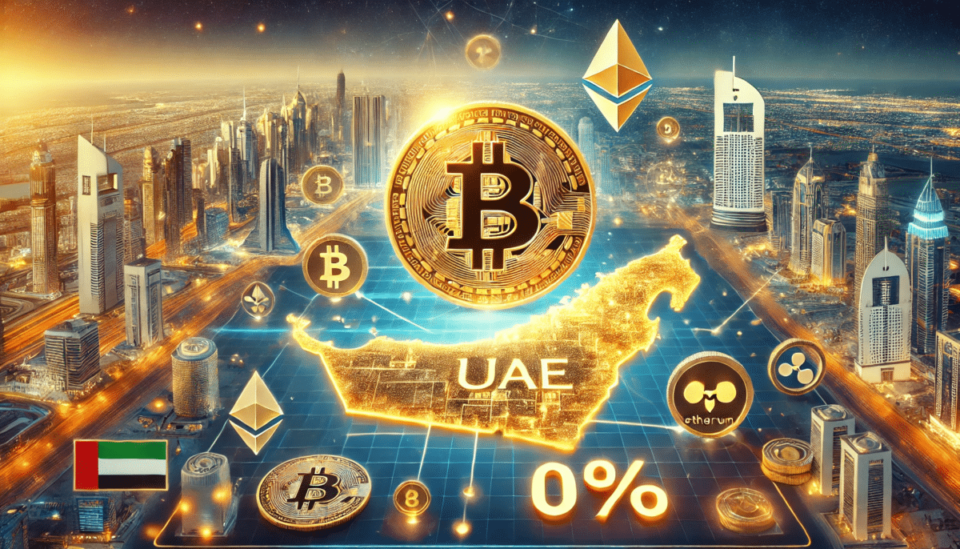- The UAE’s Federal Tax Authority (FTA) has implemented a new value-added tax (VAT) tax exemption policy for crypto transactions and conversions starting this November.
- Chainalysis data showed the UAE is the third-largest crypto economy in the Middle East & North Africa (MENA) region.
- Before the tax exemption policy, the UAE applied a 5% VAT on cryptocurrency transactions.
From mid-November, cryptocurrency transactions and conversions will be exempt from the 5% VAT previously levied.
Previous tax regulations in the UAE posed challenges for individuals and businesses wanting to enter the crypto market. The new tax exemption rules aim to break barriers and attract investment in the crypto industry.
Read on to learn what these latest tax exemption rules mean for the UAE.
New VAT Exemptions for Crypto Transactions
The FTA issued revised VAT rules on October 2. The amendments exempt crypto-related transfers and conversions from VAT. The new policy will take effect from November 15. The English translation of the FTA’s update was made public on October 4.
Per PwC, virtual assets are a ‘digital representation of value that can be digitally traded or converted and used for investment purposes.’ However, this does not apply to financial securities or fiat currencies.
A Chainalysis report stated that the UAE received more than $30B in crypto from July 2023 to June 2024, making the country the third-largest crypto economy in MENA. Turkey is the seventh largest crypto market globally and is #1 in MENA. The country’s high inflation rate has driven much of its crypto adoption.
The UAE’s Recent Changes To Its Crypto Regulations
Since January 1, 2018, the UAE has implemented VAT exemptions for asset transfer, virtual asset conversion, and investment fund management.
Individuals and companies can, therefore, get tax refunds from the government for their crypto purchases or sales since 2018.
UAE-based booking and tax services Finanshels outlined eligibility criteria, tips for maximizing VAT refunds, and a step-by-step process for claiming input VAT recovery.
According to Chainalysis, the total value received by DeFi industries in the UAE grew by 74% in 2024 compared to 2023. Incredibly, the value received by DEXs alone saw an 87% increase, rising from approximately $6B to $11.3B.
UAE regulators have recently been updating their regulations on virtual assets. On September 9, the Securities And Commodities Authority (SCA) and the Virtual Assets Regulatory Authority (VARA), Dubai’s crypto regulator, agreed they would jointly supervise the country’s virtual asset service providers (VASPs).
This means VASPs operating in Dubai have the opportunity to offer their services through the UAE as they will be automatically registered with the SCA and VARA.
In the meantime, on September 26, VARA adopted stricter requirements for firms marketing crypto investments. VARA CEO Matthew White said that crypto providers promoting digital asset investments must state that ‘virtual assets may lose their value in full or in part and are subject to extreme volatility.’
Our updated marketing regulations and the newly issued guidance document reflect our commitment to maintaining Dubai’s position as a global leader in digital finance.
The Big Picture
With the new VAT exemption policy, the UAE is shaping up to be a crypto-friendly hub.
There’s no doubt that the UAE is emerging as a preferred destination for global blockchain businesses and may attract more crypto projects in the coming years.
References
Click to expand and view sources



